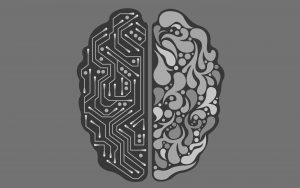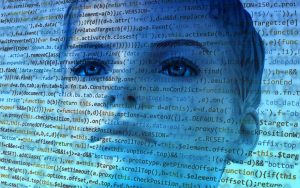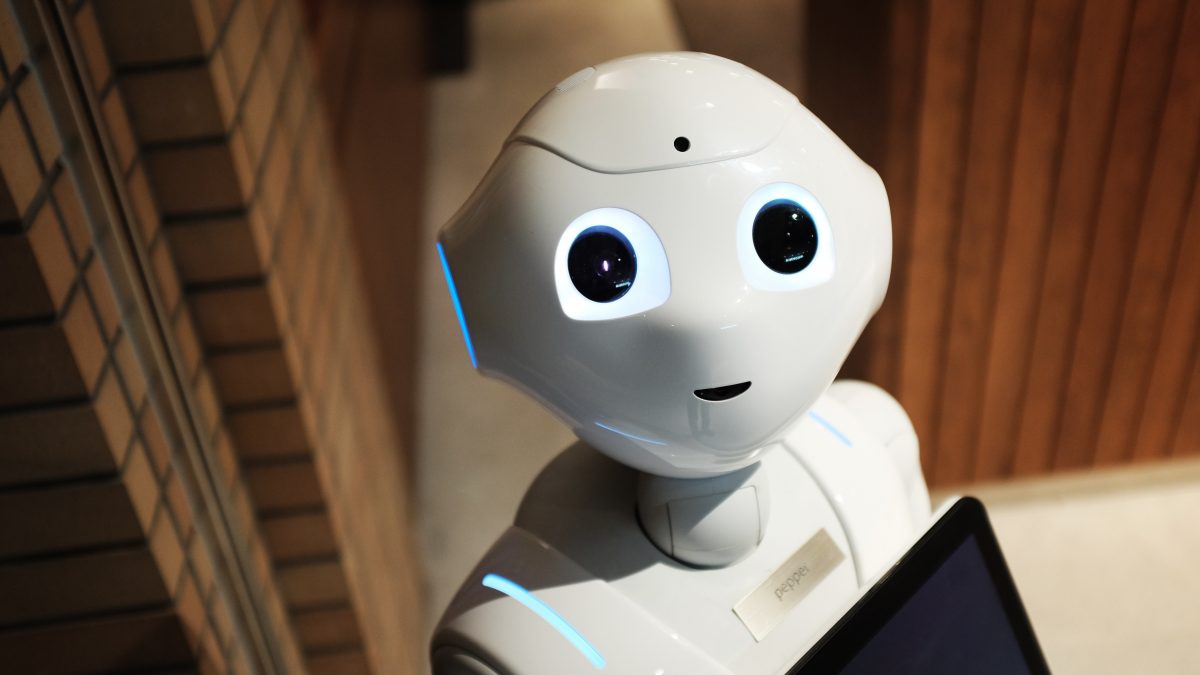
Let’s start with a simple question, why do you like the movies that you like?
Top answer – “Because I just do.”
If you found yourself struggling to find a deeper explanation as to why you like the movies that you do, but came up short, then you are most definitely not alone.
The reason for this is that we humans are complex things.
Our brains contain 80 billion neurons, each one connected to 10,000 others, and use 100 trillion synapses to facilitate the transfer of electrical signals around the brain, without which we could not process any of the data that we need to function.
Despite only consuming about 20 watts of energy, which is less than 1/3 the amount of some phone chargers, the human brain is capable of a multitude of amazing feats.
We are able to instantly recognize hundreds of different faces, songs, and smells. We have an active vocabulary of 20,000 to 40,000 words and are able to solve complex problems ranging from solving puzzles to rationalizing our own behavior and actions. These are just a few examples of what we have come to expect from our brains, and all of this with just 20 watts of energy!
The only problem is that our brains are so sophisticated that, despite years of research, we still have huge gaps in our understanding of how they work.
The latest field of academic and technological development to step into this enormous challenge is artificial intelligence.
While data scientists, mathematicians, and software developers pool their talents to try to create machine learning and artificial intelligence systems to help improve the world we live in, an interesting offshoot is that the AI systems that they create is that they might just be able to help us humans to better understand why we are the way we are.

Read Also
- The Importance of Real-World Training: The Problem of Underspecification in Artificial Intelligence
- Artificial Intelligence is About to Set Another Movie Milestone
- How Artificial Intelligence Is Being Used to Maximize Profitability During Post-Production
Foundation for Understanding
All forms of artificial intelligence development follow a basic formula – develop systems that are able to extrapolate patterns from the big data pools we give them and to learn from them in some way.
Since the vast majority of challenges that we are developing AI systems for involve understanding human behavior in some form or another, it is unsurprising that as AI systems become more and more sophisticated, they will become increasingly better and better at understanding us.
A critical component in the inevitable evolution of AI is the base design of the AI architecture we are creating. Indeed, it is to our own biological hardware, i.e. the human brain, that we have turned to inspiration when creating AI architecture.
“In computer science, significant research is directed to creating new computing units modeled according to neuronal function.” – Giorgi Kharebava
You only need to look at some of the terms AI scientists use to describe AI systems and their functions (neurons, neural networks, learning, and speech recognition) to see just where they are getting their inspiration from. And these are only a few of the most common terms to cross over.
Given that neuroscientists still understand relatively little about the way that our brain hardware functions, and that AI scientists are building systems that mirror what we do know about brain function or architecture, it is likely that the development of increasingly complex AI architecture is going to start to fill in many of the current blanks in our understanding of how our biological brain architecture operates.

Software And Cognitive Function
It stands to reason that any system that is modeled on our own cognitive hardware or architecture begins life with an already familiar relationship to us humans.
Given that the next step involves human operators training them to understand specific challenges relating to human behavior, this relationship is only going to get closer.
At the current time, AI systems are being developed to understand specific areas of human behavior such as our individual shopping habits or what movies we like to see, how we talk (chatbots), how we invest (trading bots), etc.
To see how much these systems are learning about us, you only need to consider how good some of the top machine learning systems used by sites such as Amazon, Netflix, and Sofy.tv have become in terms of getting their product recommendations right.
The AI equation is simple, the more you use it the more it can understand you.
One example of how this application of AI is helping us to better understand ourselves was highlighted in a recent article that outlined how researchers from MIT’s Computer Science and Artificial Intelligence Laboratory (CSAIL) and the Department of Brain and Cognitive Sciences had “created an algorithm capable of inferring goals and plans, even when those plans might fail.”
The research team is attempting to solve a fundamental ‘learning’ problem AI systems face when trying to understand an aspect of human behavior, namely, what is the meaning and function of ‘goals’, and what it means when we don’t achieve them.
Since an AI system would likely conclude that if we were not to achieve our goals, we likely never wanted to in the first place, it would conclude that the original goal was not important at all. This would obviously skew its understanding of us and make its results irrelevant.
Overcoming such hurdles will allow AI scientists to understand all the data requirements (reasons) that cause humans to exhibit these bad habits behavior patterns, thereby helping us to understand more about why we do often irrational or bad things, etc., and perhaps helping us to overcome them.
Read Also
- How Actors Will Benefit from Using AI: Artificial Intelligence in Filmindustry
- Artificial Intelligence And The Battle To End Racial Discrimination In Movies
- Movies Directors And Artificial Intelligence: A Perfect Harmony
Future Advancements in Understanding
While the current AI systems are quite limited in their scope of understanding of human behavior, in years to come, advanced AI will not only be able to individual understand bits of what we do, but will be able to couple together lots of these bits to understand more complex aspects of our individual behaviors.
It has been predicted that by 2040, computers will finally surpass the processing abilities of the human brain, so it is likely to be closer to the end of the century when AI systems themselves finally reach ‘brain supremacy’.
The question of whether AI will one day be capable of truly understanding humans in more than a purely mechanical way is a matter of huge debate. However, as current machine learning systems such as movie recommendation and chatbot algorithms have shown by their high levels of accuracy, AI systems are already able to understand certain isolated aspects of our behavior.
As AI technology develops, it will increasingly offer us a window into our more complex behaviors, something which at every step of the way, will allow us to understand ourselves more and more.
Only time will tell how much AI development helps to reveal about us humans and why we are the way we are, however, what is certain is that there is a great deal we are going to learn from AI about ourselves.





Stay connected